Hot Flashes | Causes, Triggers & Relief Tips
 Jayden
|
Jayden
|
 25 Jul 2025
25 Jul 2025
What are hot flashes, and why do they happen
Hot flashes are those sudden waves of heat that rush over your body, mostly the face, neck, and chest. One second you’re fine, the next you’re burning up. Skin turns red, sweat shows up out of nowhere, and sometimes it feels like your heart skips a beat. They usually come with hormonal changes, mostly in women going through menopause.
As estrogen drops, the body gets confused about temperature. The brain thinks you're overheating and tells the body to cool down. That’s when the blood vessels open wide, your heart races a bit, and sweat glands go to work. The weird thing is, you’re not even hot. Your body just acts like you are.
It doesn’t only happen to women. Men get them too, especially if they have low testosterone or after prostate cancer treatment. So yeah, do men have hot flashes? They sure do, just not as often.
Common symptoms that come with hot flashes
It's not just heat. A hot flash can bring a whole list of surprises.
-
Sudden warmth in the upper body
-
Flushed, red face
-
Sweating—even in cool rooms
-
Chills after the heat fades
-
Fast or pounding heartbeat
-
Feeling dizzy or anxious
-
Hot flashes and nausea together in some cases
And when they happen at night, they’re called night sweats. They can soak your clothes and mess up your sleep big time.
When hot flashes usually start
Most women start getting hot flashes during perimenopause, usually in their 40s. That’s the time before menopause when hormone levels go up and down like a rollercoaster.
They can keep going into postmenopause, even years after periods stop. Some get them for a few months, others for a decade. Everyone’s timeline is different.
Pregnant women can have them too—hot flashes pregnancy is real. Hormones swing around like crazy during and after pregnancy, which can trigger heat and sweat spells. There’s also postpartum hot flashes, often at night during the first few weeks after delivery.
What triggers hot flashes
You can’t always predict when they’ll hit, but some things make them worse.
-
Stress and strong emotions
-
Spicy foods
-
Caffeine
-
Alcohol
-
Smoking
-
Warm rooms or hot weather
-
Tight clothing
-
Heavy meals (yes, hot flashes after eating is a thing)
Keeping a diary helps. Write down what you ate, what you were doing, and how you felt. Patterns start to show.
How long hot flashes typically last
Each one usually lasts between 30 seconds and 10 minutes. Some feel like quick warmups, others drag out and leave you dripping.
But the real question is—how long do they keep showing up? For many women, it’s a few months. For others, it’s years. There’s no set number. Some studies say 7 years is average, but others deal with them for a decade.
Doctors might write it up using hot flashes ICD 10 code N95.1—used in health records to keep track of menopausal symptoms.
How hot flashes affect daily life and sleep
They can mess with your day. One minute you’re fine, then you’re overheating in a meeting, sweating at dinner, or feeling embarrassed in public. It’s hard to focus when your body is flipping out every few hours.
Sleep is the big one. Night sweats wake you up. You toss and turn. Sheets are soaked. And then you’re tired the next day. That leads to mood swings, foggy thinking, even anxiety.
It’s not just about comfort. It affects your energy, your job, your relationships. Some people even avoid social situations out of fear they’ll have a flare-up in public.
Home remedies and natural ways to cool down
There are some easy things to try before jumping into medication.
-
Dress in layers, so you can cool off fast
-
Keep a fan or cooling towel nearby
-
Drink cold water often
-
Try deep breathing when a flash starts
-
Cut back on caffeine and alcohol
-
Try foods with soy—they might help balance hormones
-
Black cohosh is a herbal option many women use, but talk to your doctor before taking it
Small changes make a big difference. The goal is to keep your body cool and your routine steady.
Medical treatments that can help
If home remedies don’t cut it, there are medical options that really work.
Hormone replacement therapy (HRT) is the go-to for many women. It replaces the estrogen your body’s missing. It helps with hot flashes, night sweats, and even mood swings. But it’s not for everyone—especially if you’ve had breast cancer or blood clots.
There are non-hormonal medications too. Some doctors prescribe gabapentin for hot flashes. It’s usually for nerve pain or seizures, but also helps reduce hot flashes.
Antidepressants at low doses can work too. So can clonidine, a blood pressure med that eases the brain’s heat response. If flashes are really affecting your life, there’s a medication for hot flashes that fits.
Sanford Pharmacy can help you find what’s right—whether it’s HRT, non-hormonal pills, or relief tools to make daily life easier.
When to see a doctor about hot flashes
Some flashes are annoying but manageable. Others take over your whole day.
You should talk to your doctor if:
-
They wake you up every night
-
You feel exhausted or depressed
-
You’re sweating so much you change clothes multiple times
-
They’ve been going on for years with no break
-
You have other symptoms like weight loss or irregular bleeding—those could point to something more serious like hot flashes symptoms of cancer
Don’t just live with it. There are real options that can help.
Managing hot flashes with lifestyle changes
Even if you’re not ready for meds, there’s stuff you can do every day.
-
Eat fresh foods, avoid heavy or greasy meals
-
Move more—exercise helps balance hormones
-
Quit smoking if you haven’t already
-
Keep your home cool, especially at night
-
Use cotton bedding instead of synthetics
-
Reduce stress with breathing, stretching, or short breaks during the day
Nothing fixes hot flashes overnight, but these changes add up.
Sanford Pharmacy is here to help you through every stage of this—whether it’s managing symptoms naturally or finding the right prescription. You don’t have to deal with this alone, and you don’t have to pretend it’s not a big deal when it clearly is. Relief is possible. You just need the right tools.
Categories

How Long Does It Take for Allegra to Work?
 Desirae
Desirae
.png)
How Long Does Amoxicillin Take to Work?
 Meaghan
Meaghan
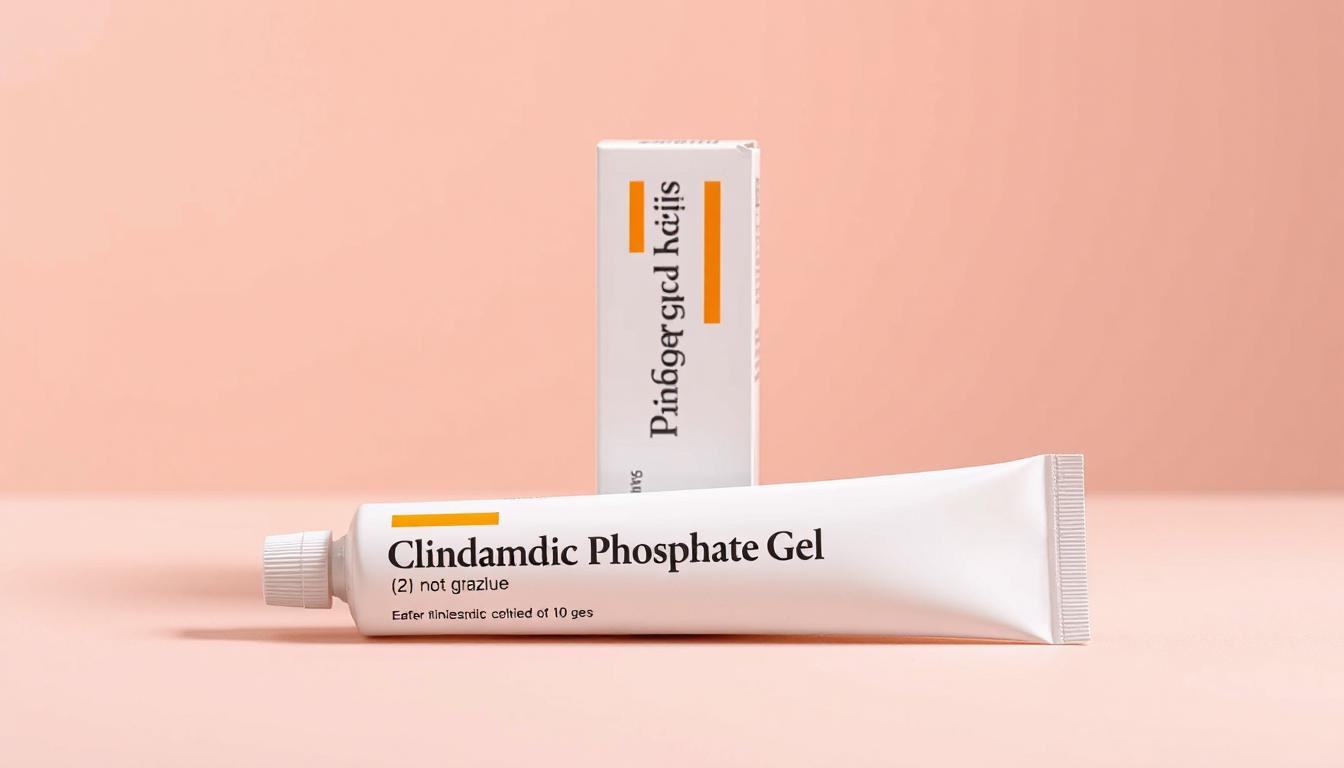
How to Use Clindamycin Phosphate Gel?
 Curtis
Curtis
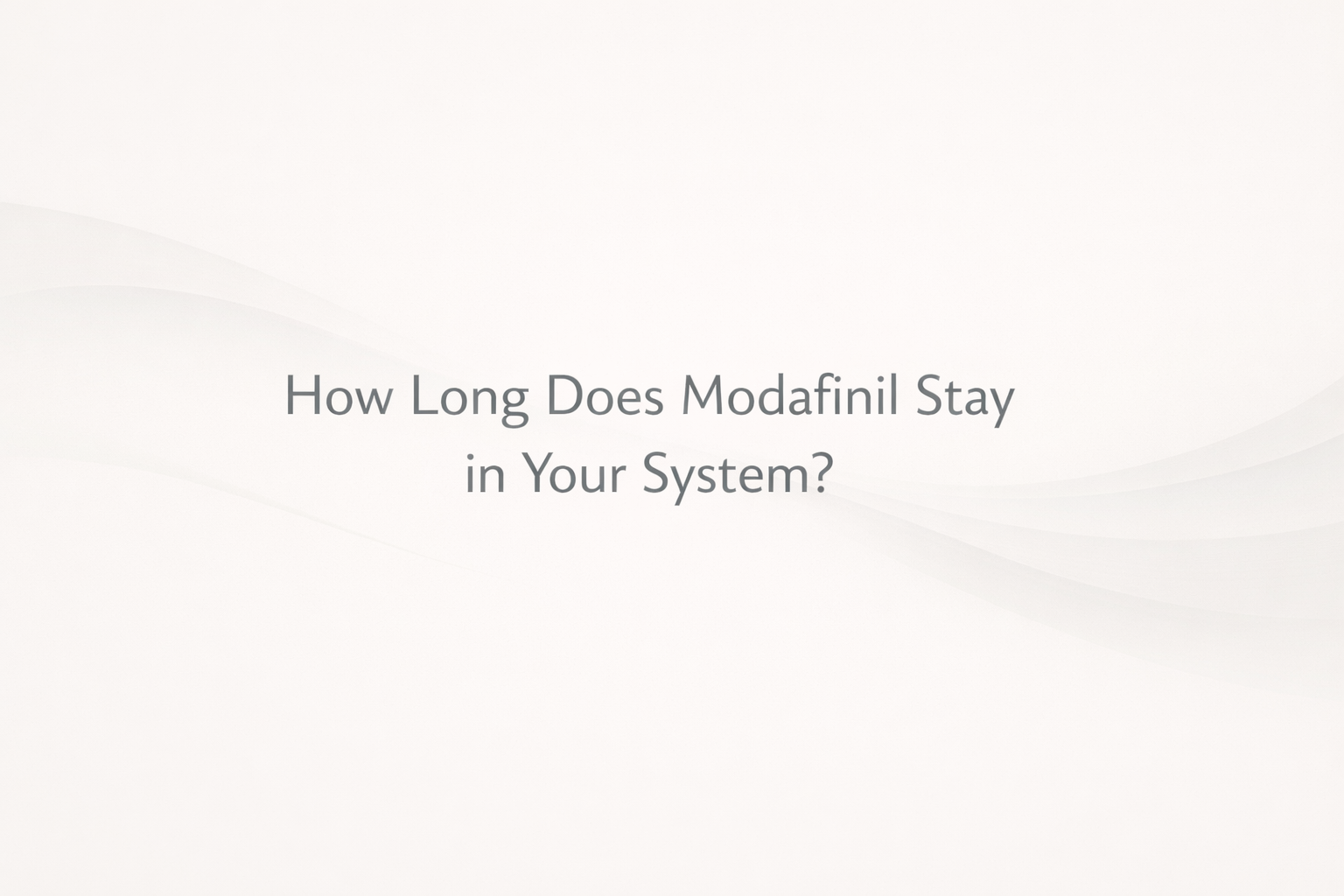
How Long Modafinil Stays in Your System?
 Karsyn
Karsyn
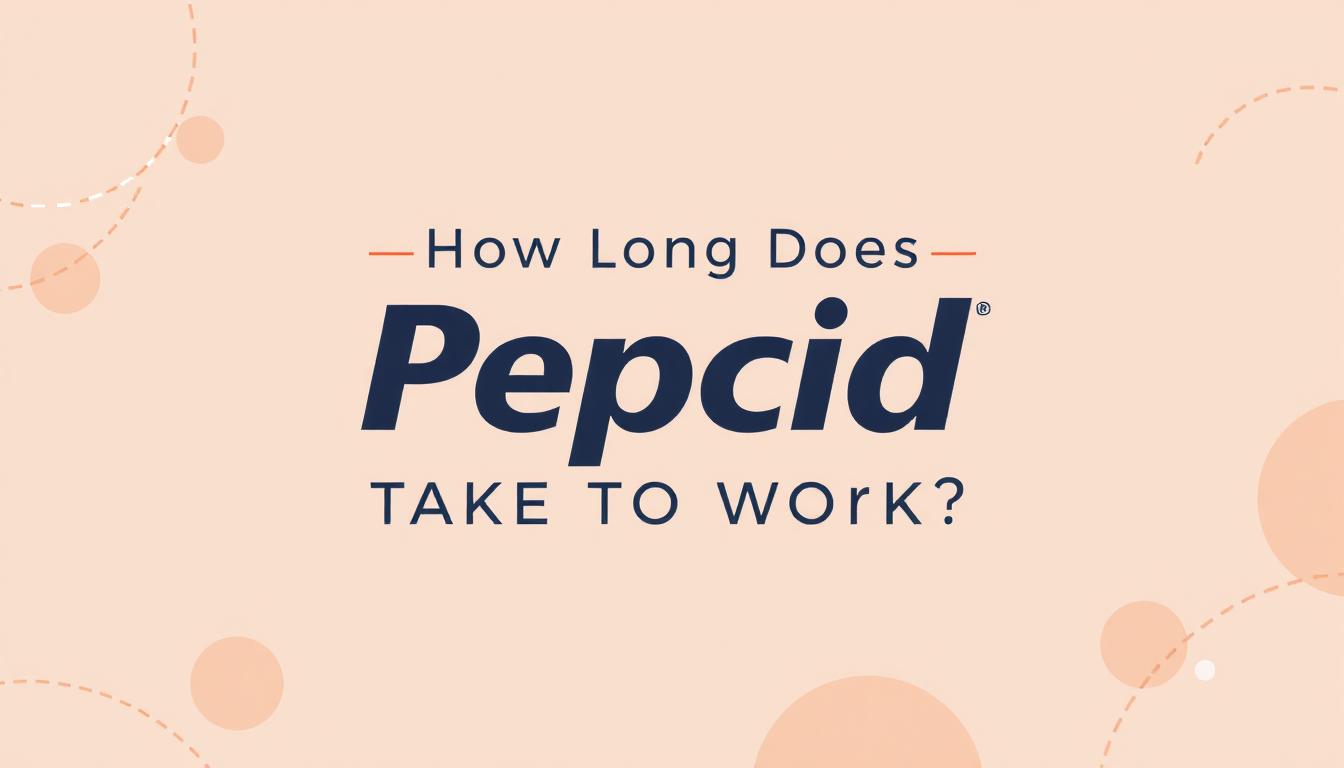
How Long Does Pepcid Take to Work?
 Earl
Earl

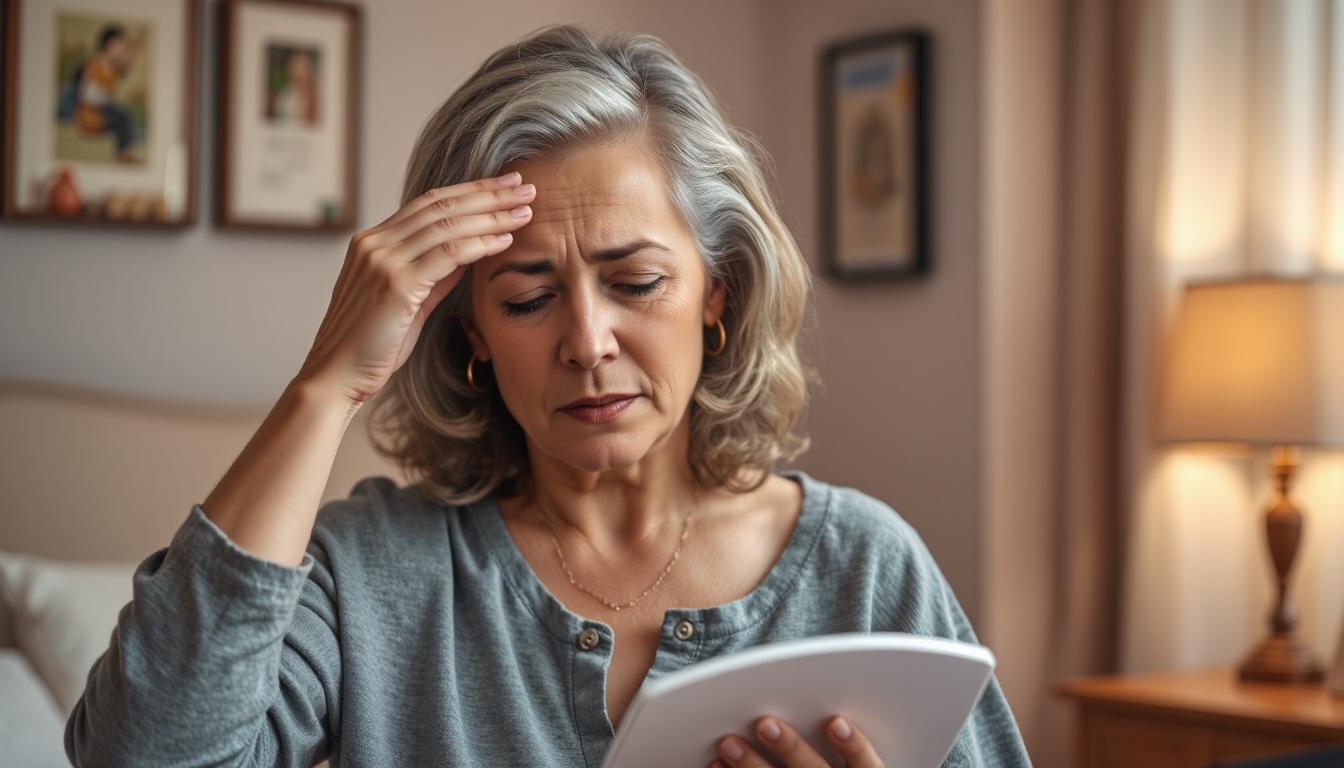
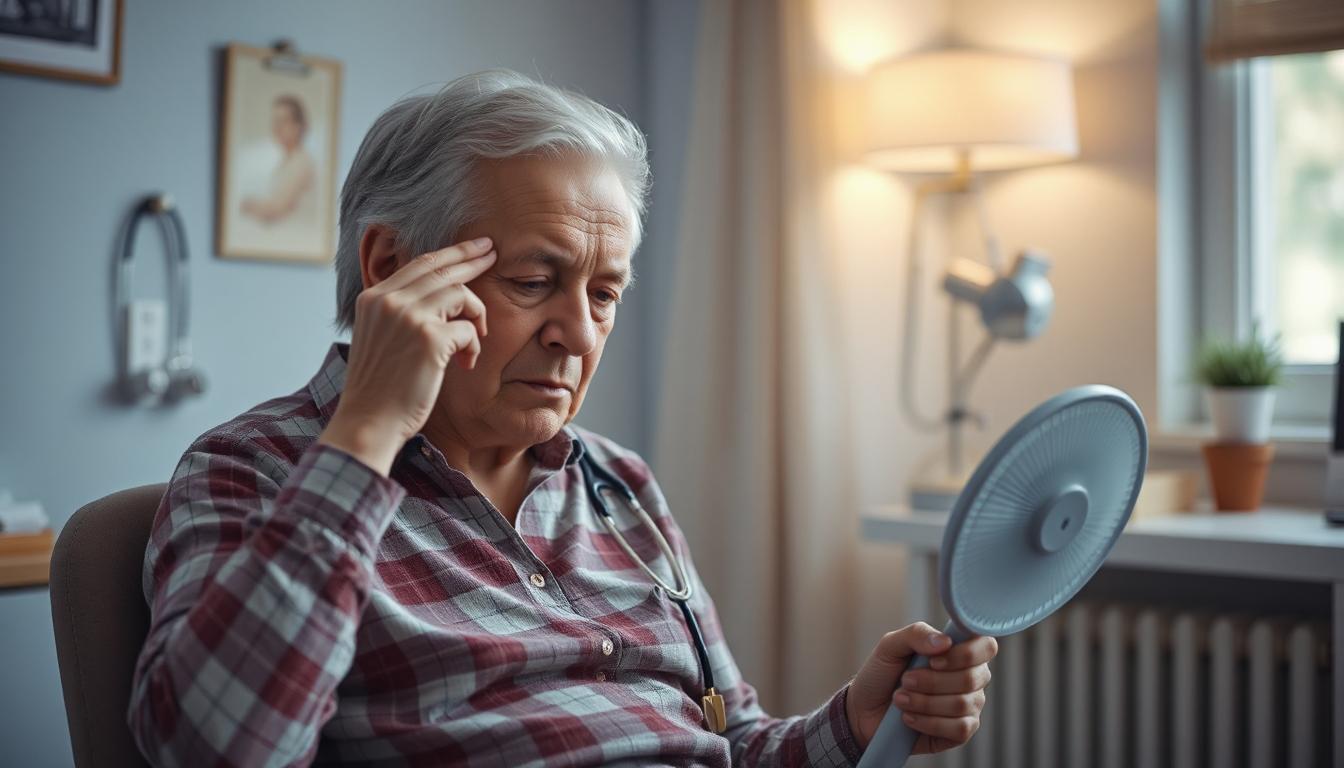
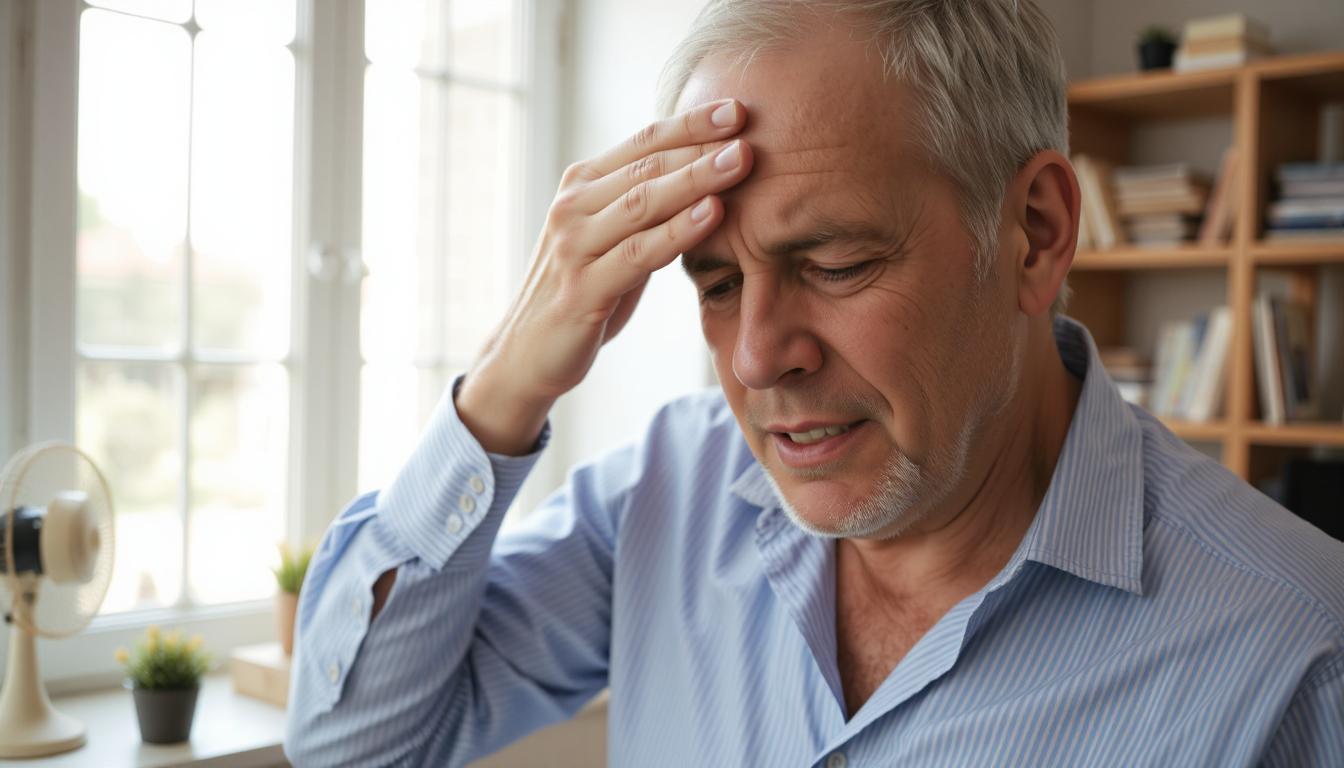








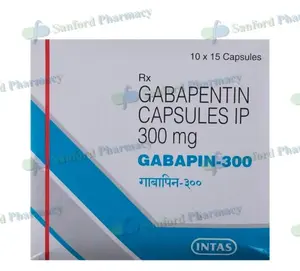
.webp)
.webp)
-(2).webp)
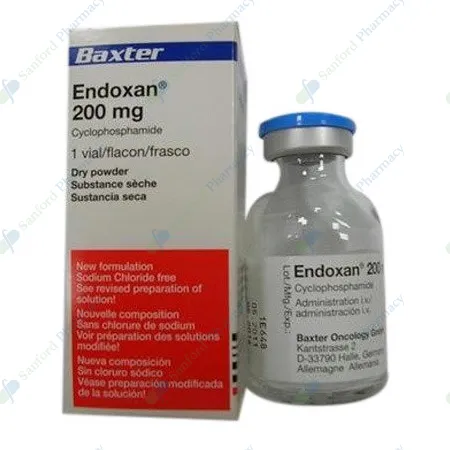
.webp)